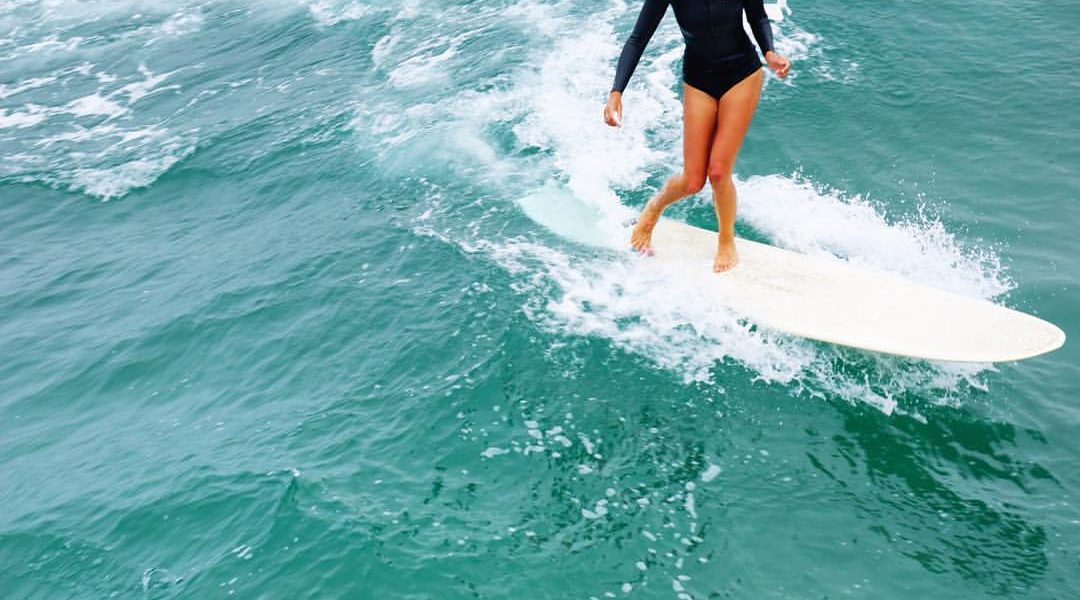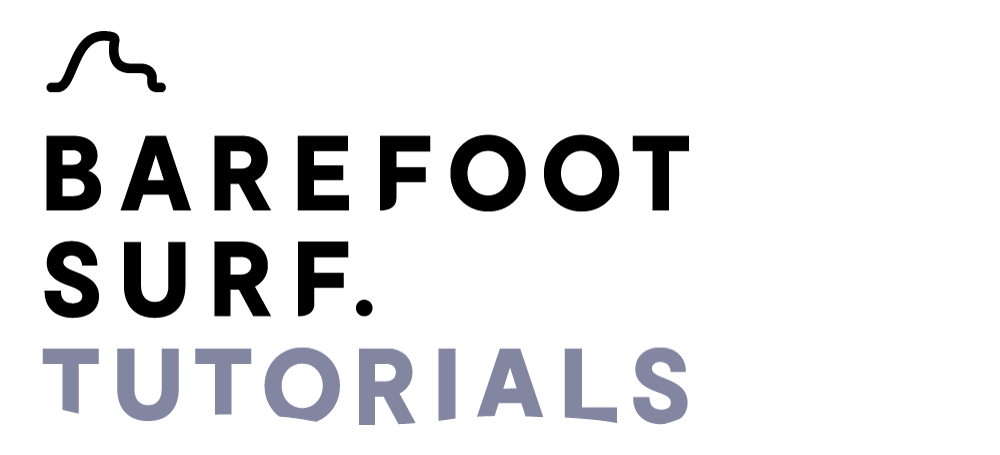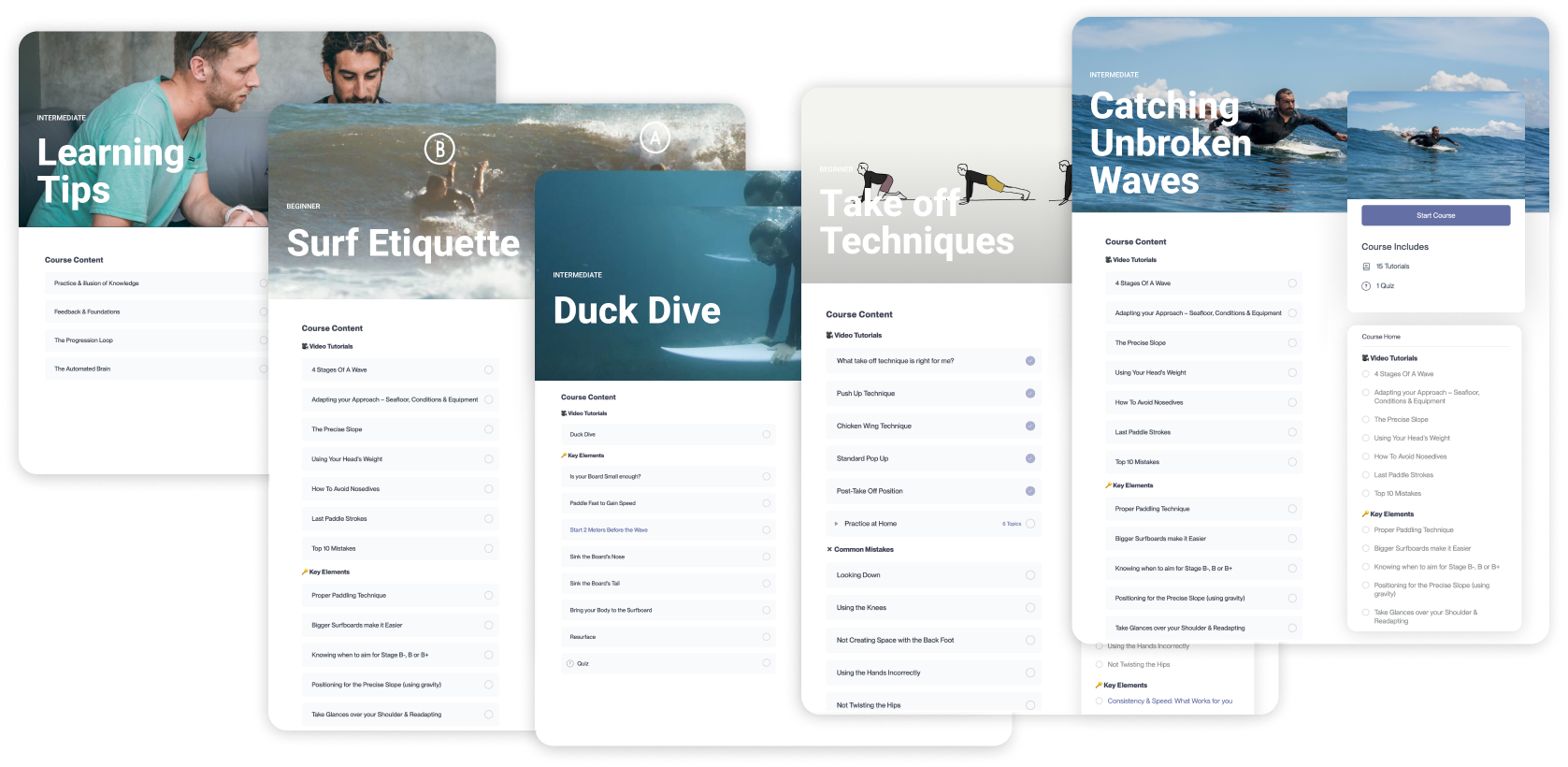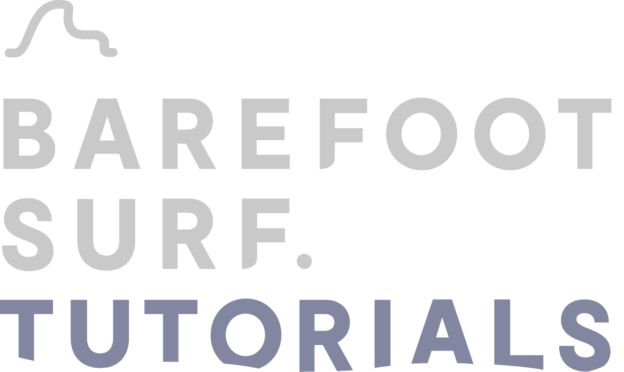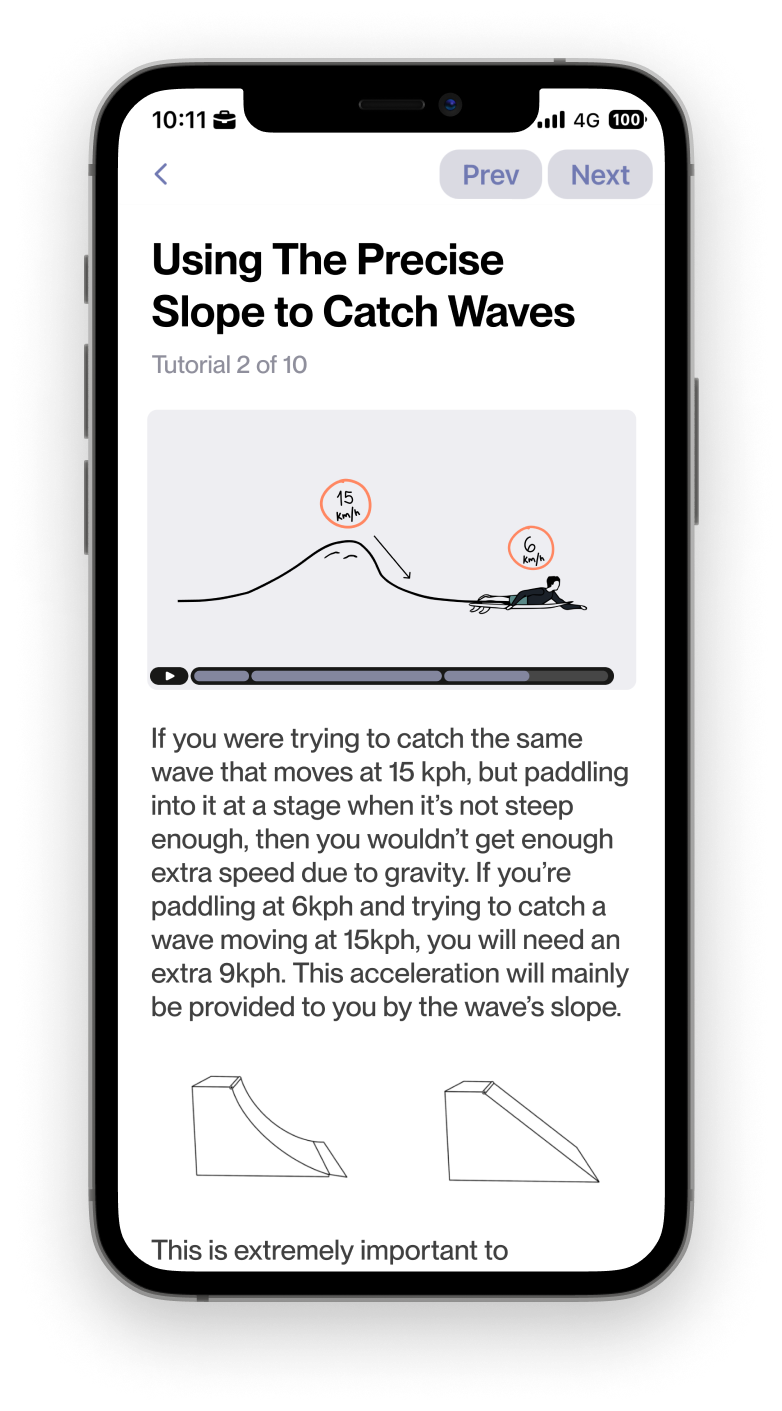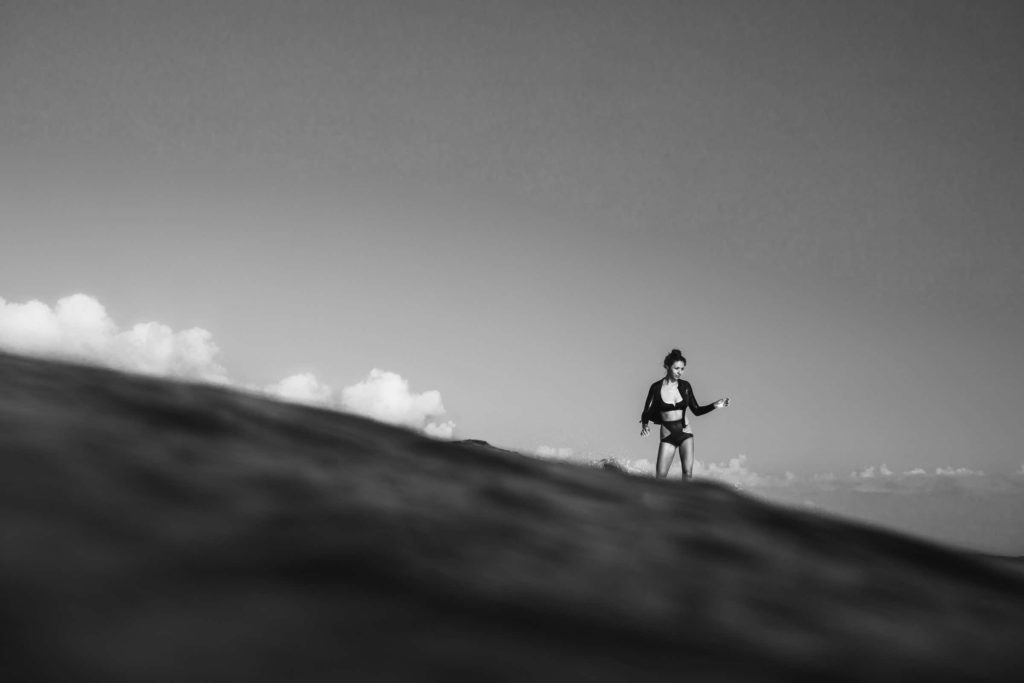
Girl From Up North
The girl, photographer and longboarder behind Girl From Up North is known most commonly as Corina on the Internet, but for as long as she can remember, has always just been Cori. Her handle name is straightforward – originally from a small town on California’s central coast, Atascadero. She says most people only know the town because of its arguably more charming neighbour to the south (San Luis Obispo), wine country to the north (Paso Robles), or the fact that there’s an In-N-Out there.
Her humble nature and love of simplicity stem not only from where she grew up but with whom. Being the youngest of five siblings, she took to observing others’ mistakes as teachings and striving to do what the “big kids” were doing. As she grew older, the pressure of college was nonexistent from her family, and they encouraged her and her siblings to nurture their creative side in whatever way they felt. Their lack of force influenced her to attend college, studying classes mainly revolving around the arts and nutrition, and continuing to develop her love of film photography.
The restless 19-year old surfer longed for warmer waters and fewer close-outs and eventually migrated south to Santa Barbara, Orange County and, now currently residing in, Long Beach. Since the move, she has been able to “fulfill multiple of her surf-stoked-teenage dreams”. She has worked within the surf industry, traveled to surf, and had her photos and words published in magazines and online. We initially admired Cori for her appreciation of the simple things in life and her natural ability to capture them from behind the lens. We continue to admire her for her outlook on what a fulfilling life includes and how it runs parallel to ours: living simply, living more.
“Eventually, however, my 19-year-old self was ready to move away from home. This was primarily for reasons of water temperature and wave length and quality.”
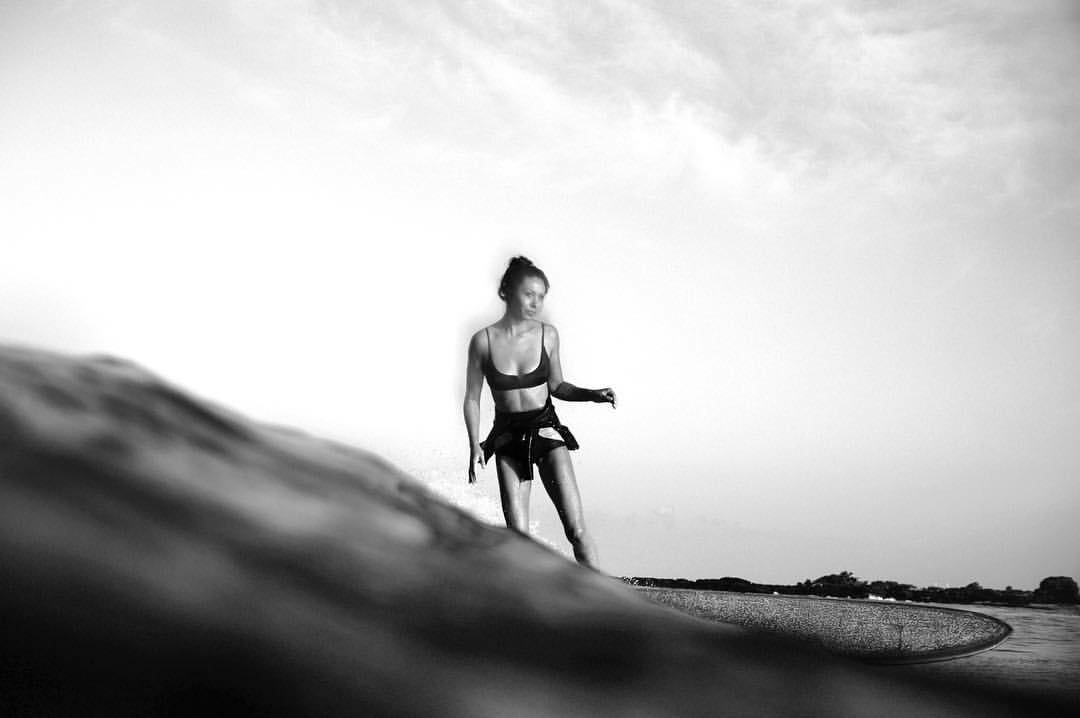
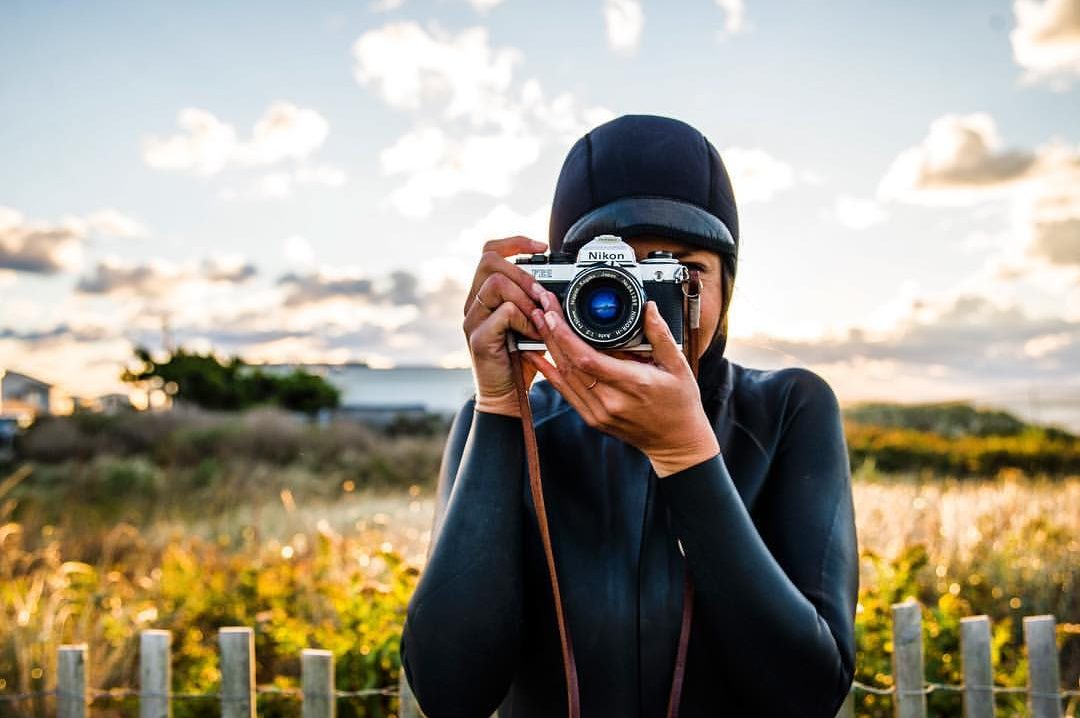
What is an average day in your life?
These days, I’m doing some freelance/digital marketing, so home is my office a majority of the time. That said, an average day usually consists of waking up fairly early (7 considered early, right?) and doing some at-home yoga before making breakfast and sitting down to do work for the day. Often, I’ll set an earlier alarm and sneak in an a.m. surf first thing, and then work from a nearby coffee shop for the rest of the day and/or run out for a sunset session after I’ve ‘clocked out’ for the day.
Evenings regularly consist of making, ordering or going out for dinner with my boyfriend. We both love food and love cooking, so evenings are something we both look forward to – both for the time we get to spend together and for the pure enjoyment of preparing and sharing food. We usually watch something while we eat (I know, I know, this is supposedly a bad habit, but it really gets us to unwind, laugh and simply do nothing for a little while each day. I would actually argue that it’s kind of healthy in that sense!). Right now, we’ve been re-watching episodes of Parts Unknown, for reasons of catharsis, and we’ve been slowly chipping away at series like MadMen and Parks & Recreation (they balance each other). We also chat, catch up on each others’ day, and talk about whatever is on our minds in general; it’s really a time of daily reconnection for us. I’m usually ready for bed by 11.
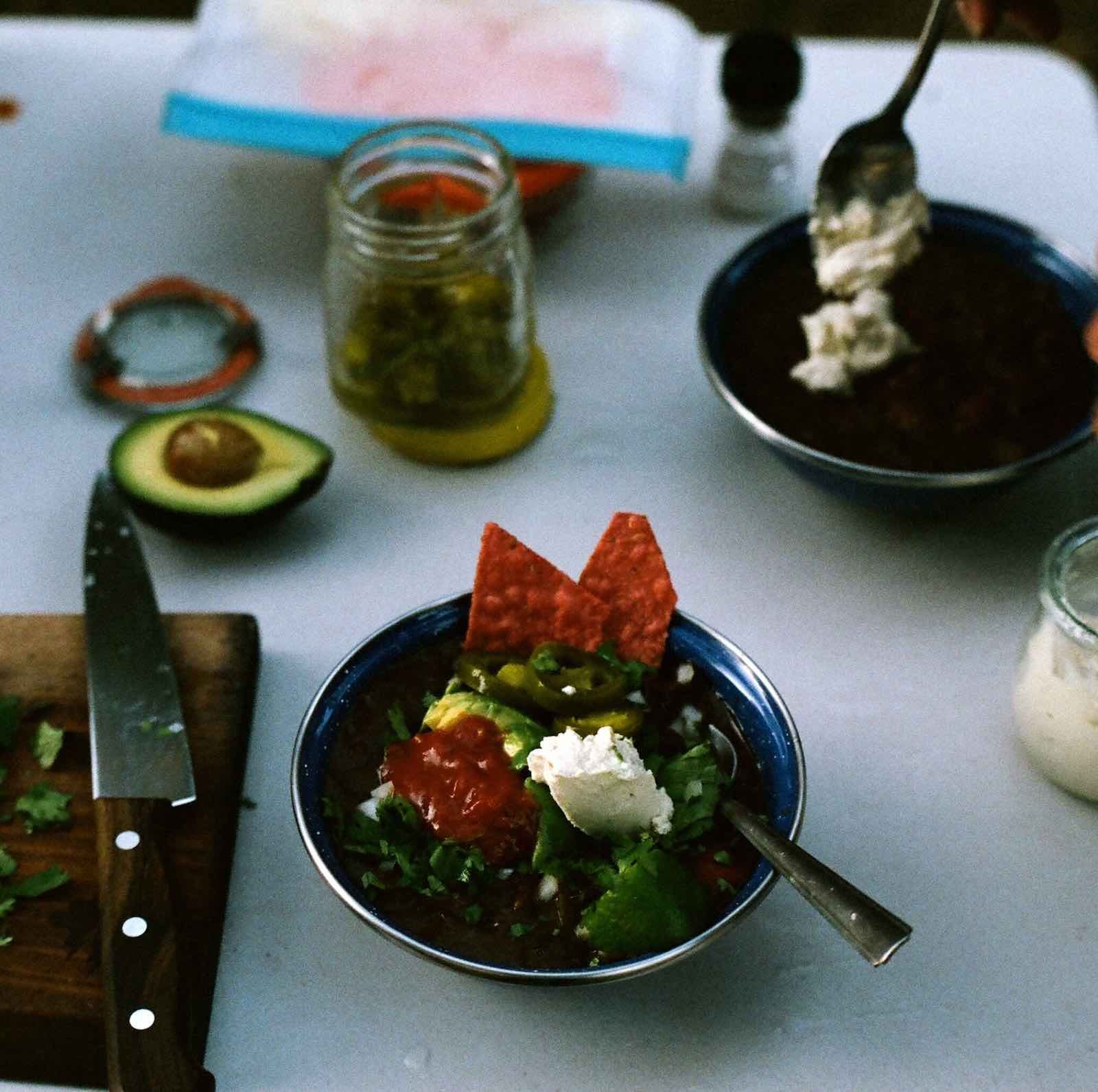
“I have been transfixed by the scientific, alchemical and seemingly magical process of photography ever since.”
What came first – photography or surf?
Surfing came first. My Mom is also a photographer, so there was always some sort of camera or photography equipment around, but it wasn’t until I was older that I appreciated what she did, and became interested in photography myself.
What was your introduction to film photography? What made you gravitate toward 35mm?
As I mentioned before, my mom always had a camera with her while I was growing up and she would regularly capture family outings, birthdays, holidays and other normal home shenanigans on her film camera (which was the only kind of camera at the time).
It wasn’t until I was a senior in high school and took a ‘Photo 101’ course, however, that I came to understand and appreciate film photography. One of our first projects in the class was to build a pinhole camera out of an oatmeal canister, insert the light-sensitive paper into it, expose it and then develop the resulting ‘photo’. I have been transfixed by the scientific, alchemical and seemingly magical process of photography ever since.
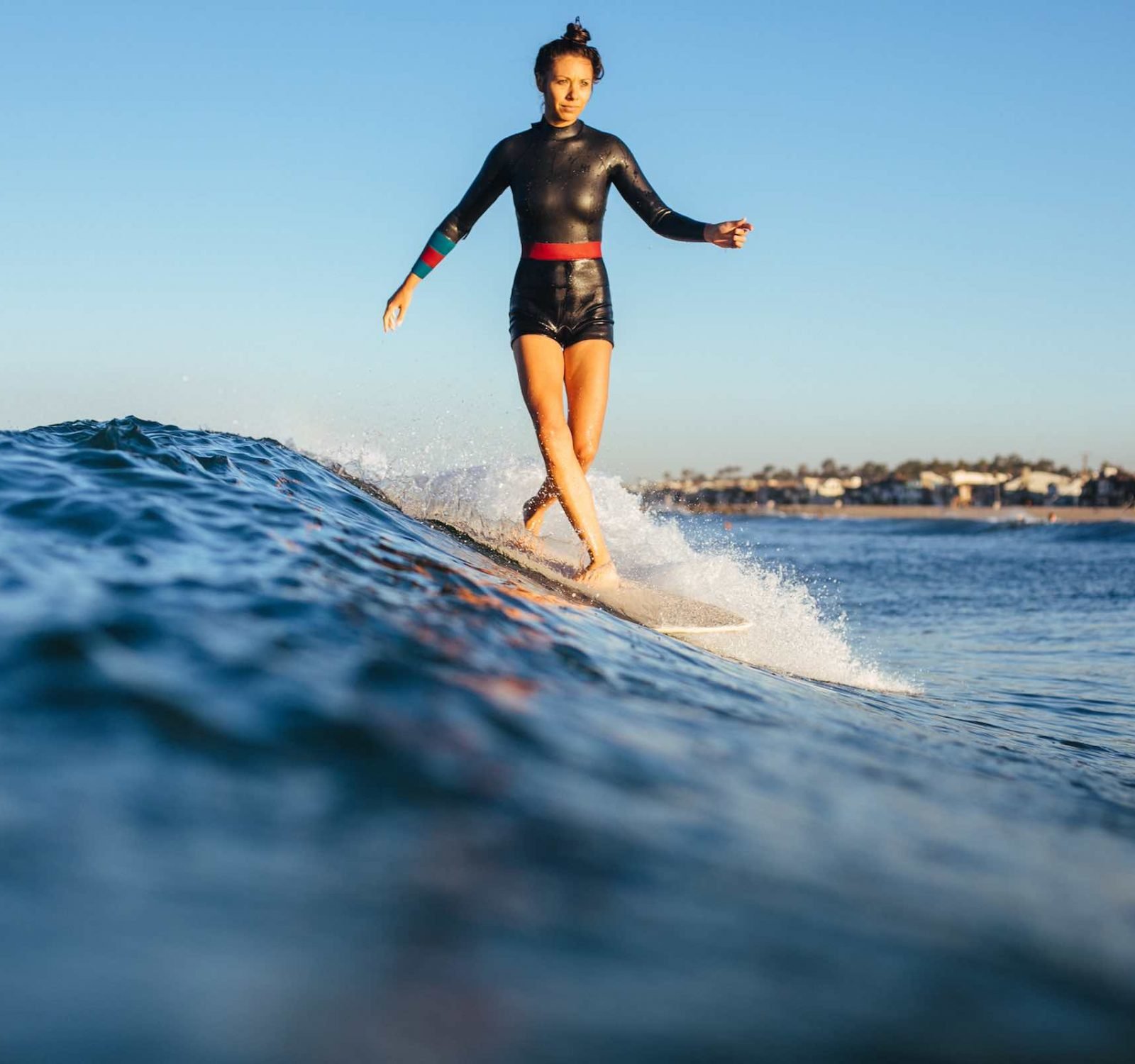
You seem to be primarily a longboarder – why is this your preferred type of surfing?
I can’t remember exactly what it was that inspired me to want to go down the longboard route. I think I’ve always said that I thought it looked nicer, was more aesthetically pleasing, and was more fun to do (which I still actually believe to be true – prove me wrong). But thinking back, it was actually just an easier way to learn to surf.
One of the most challenging parts of getting started in surfing can be learning to simply balance on the board and get a feel for how the ocean moves. A bigger board provides more stability and does more of the work for you when it comes to balancing, paddling and actually standing up on waves. So, as much as I’d like to think that I prioritized aesthetics over ability at a young age, I didn’t really. A longboard was just what I learned on, and I just happened to fall in love with it.
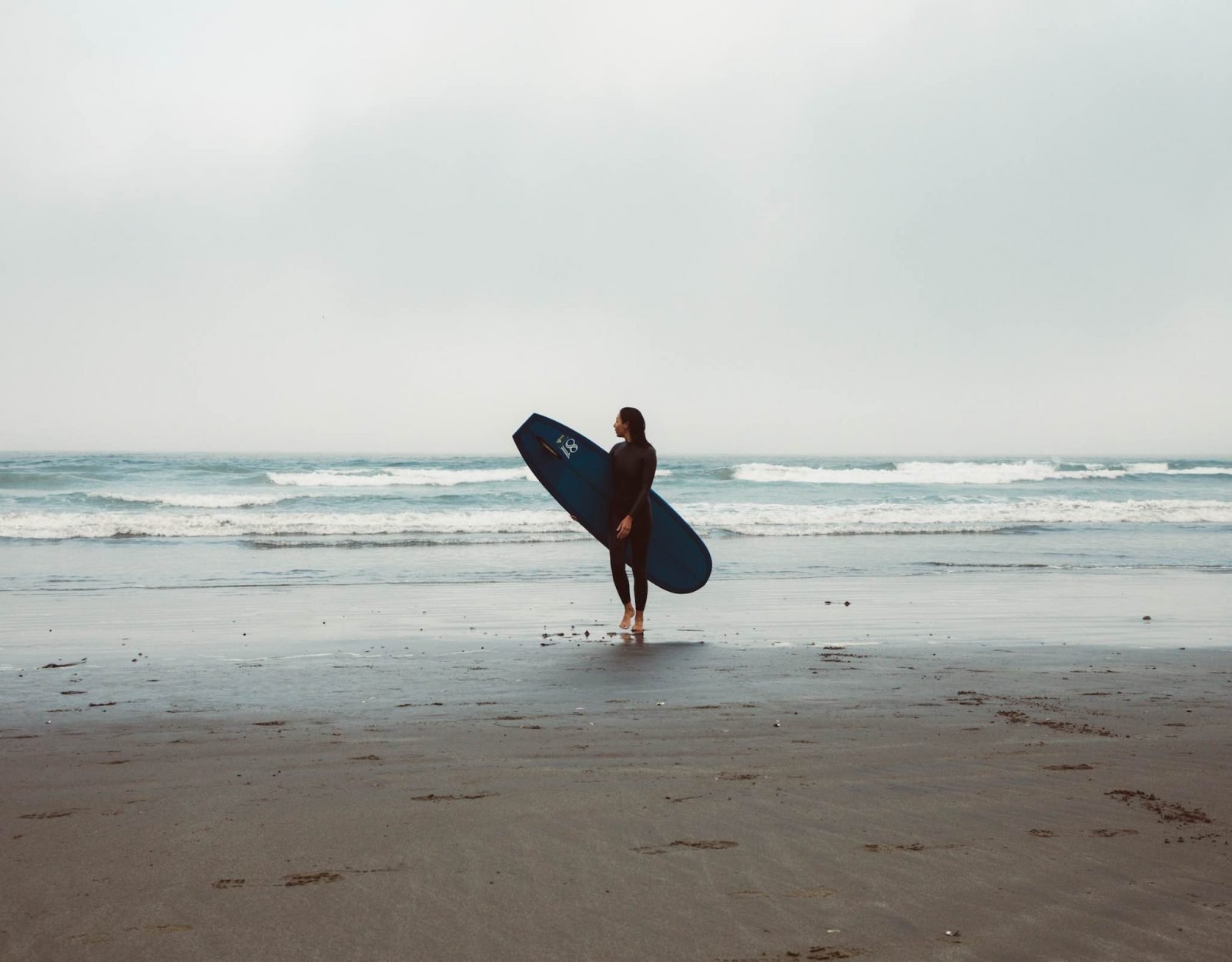
What do you do/like to do if you’re not photographing or surfing?
Food is a pretty big part of my life. That statement sounds funny because, technically, it is for all humans. But what I mean is that I’m very passionate about nutrition and eating in a way that’s largely focused on simplicity, purity, nutritional value and also reducing the amount of waste we create (think food packaging).
I was introduced to the ‘raw food’ diet and veganism as a teenager, and it piqued my interest to the point that, for a time, I thought I might like to become a nutritionist and to help other people with health and food-related issues (to be honest, I still think about doing that). So, nowadays, I spend a lot of my time planning, shopping, prepping, and making nourishing and delicious food at home, which I thoroughly enjoy and am grateful to be able to do. I also love travelling, reading, watching movies, going to the beach, sneaking into local hotel pools, attending baseball games, doing crossword puzzles and spending time with friends and family whenever possible.
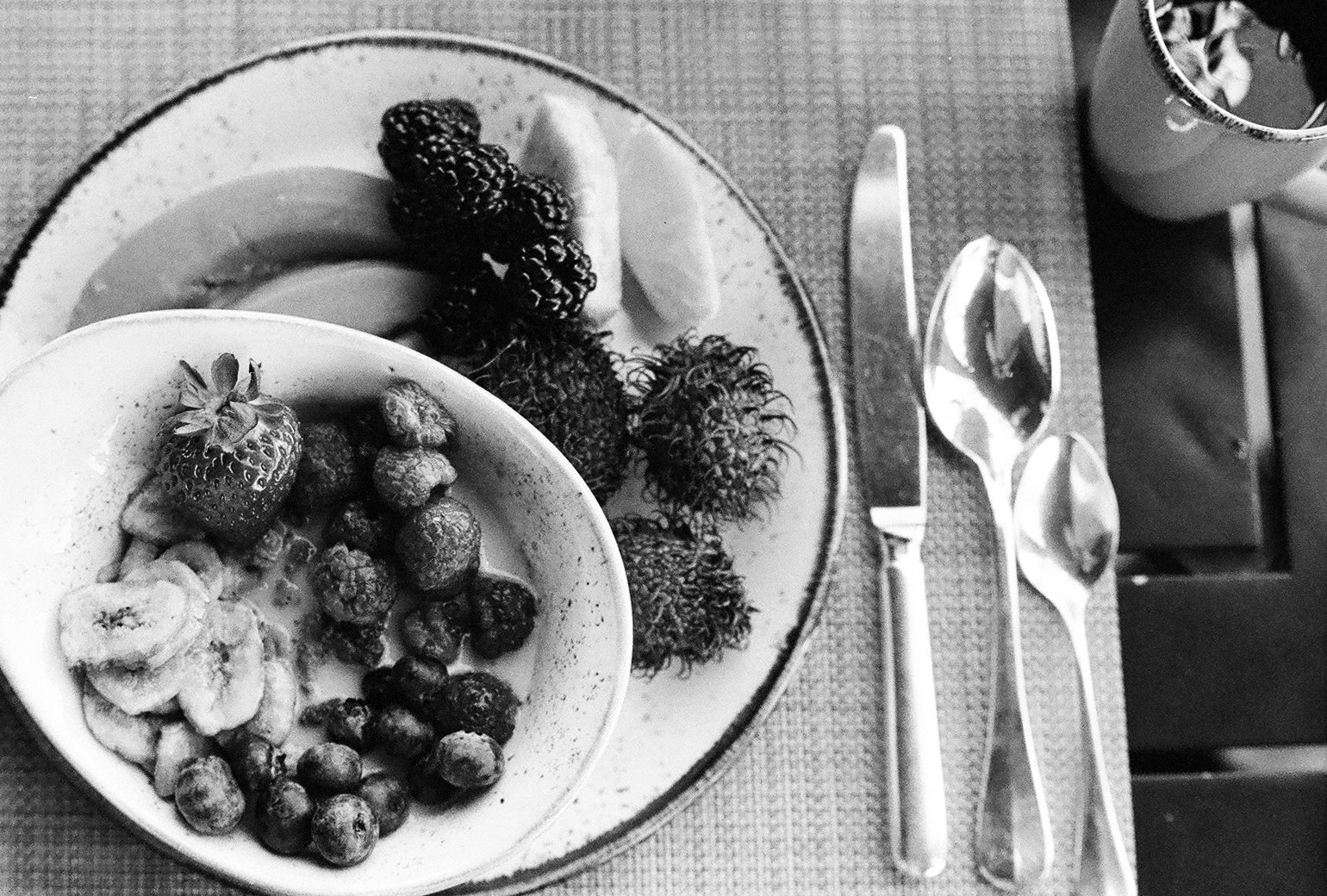
What inspires you to pick up your camera? What types of subjects do you like to capture? Why?
It’s hard to pinpoint exactly what inspires me to pick up my camera; it can be almost anything. From the distinct, ridged blades of a palm frond, to the silky quality of ripples in water, or the way the sun illuminates a single leaf or flower petal. Nature inspires me, so that’s what I tend to point my camera at.
Travelling is also a huge inspiration and is the main reason I started carrying a camera with me. I’ve been fortunate enough to travel to different countries, and surf in different oceans, thanks to companies like Sanuk and RVCA, who have supported me over the years. I initially started taking a camera – a Minolta X-370 – and a handful of films so that I could have a physical, tangible memory of faraway places. It’s still one of my favourite things to get film scans back after returning home from a foreign country. Nothing returns me to a moment as quickly as looking at a photo I took of it.
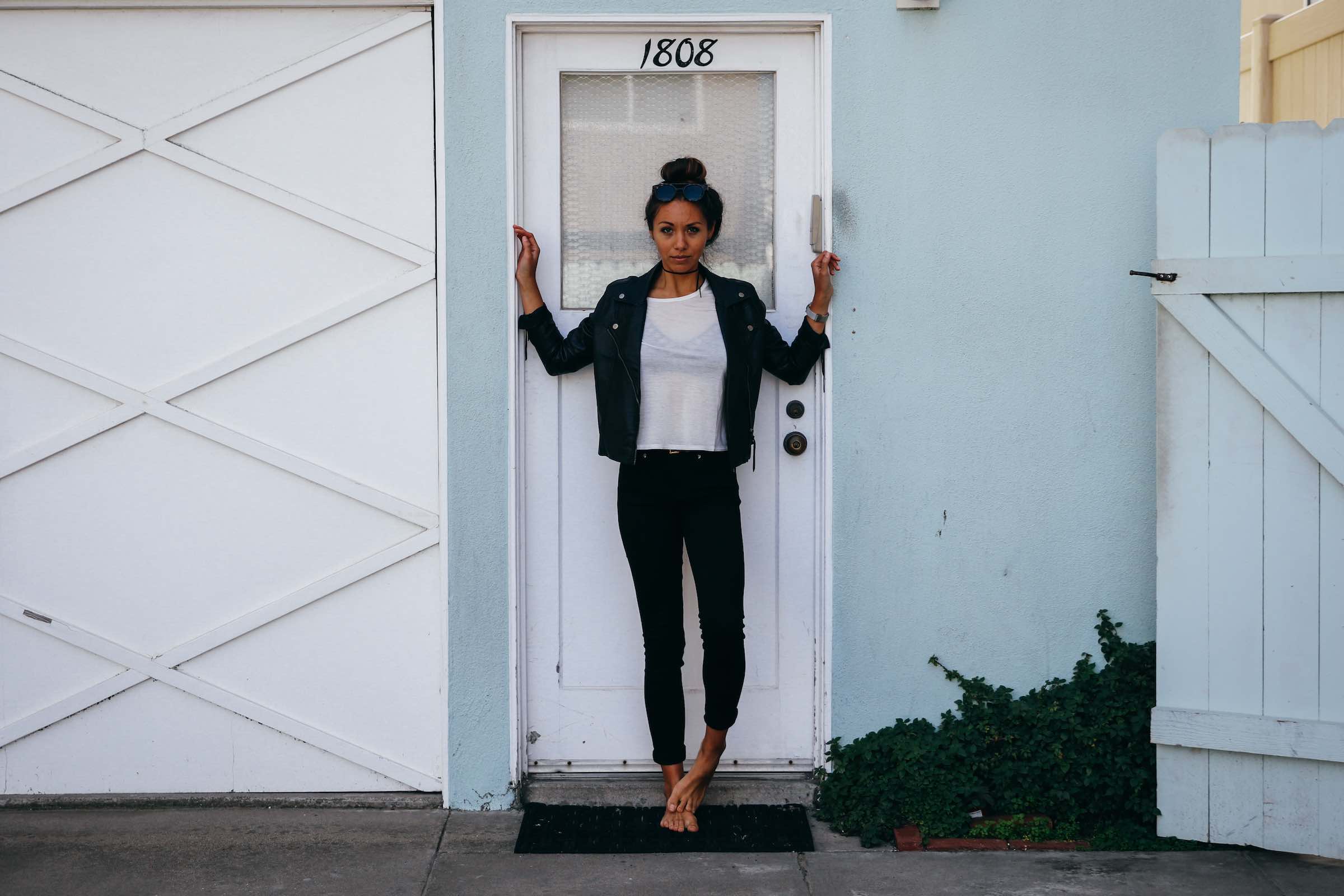
What is the process of taking photos while in the surf?
A couple of years ago, a friend who I met through the Instagram microcosm was very generous in lending me a few of his waterproof film cameras – Nikonos’s, to be specific. These cameras were developed and produced in the 1960s by Nikon and made high-quality all-weather imagery accessible to consumers. These cameras are fairly user-friendly and require just a little maintenance, but they are also fairly heavy, making surfing with them interesting, to say the least.
Many years before these models were introduced, however, there was another critical invention that is still in use today and makes for an ideal camera strap for the Nikonos while surfing – the common shoelace. There are also hand and wrist straps for these cameras, but they tend to swing around and get in the way when paddling. The shoelace-style mechanism allows one to affix the camera around the body, letting it rest on the back while paddling, while still being accessible to quickly maneuver it around and grab a shot at a few moments’ notice.
All technical talk aside though (sorry, my inner nerd takes over when talking about cameras), these are a little tricky to surf with and I wouldn’t immediately recommend it, due to the high likelihood of knocking out teeth. Much of the time, if I know that I want to shoot water stuff, I’ll simply slip on some fins and swim.
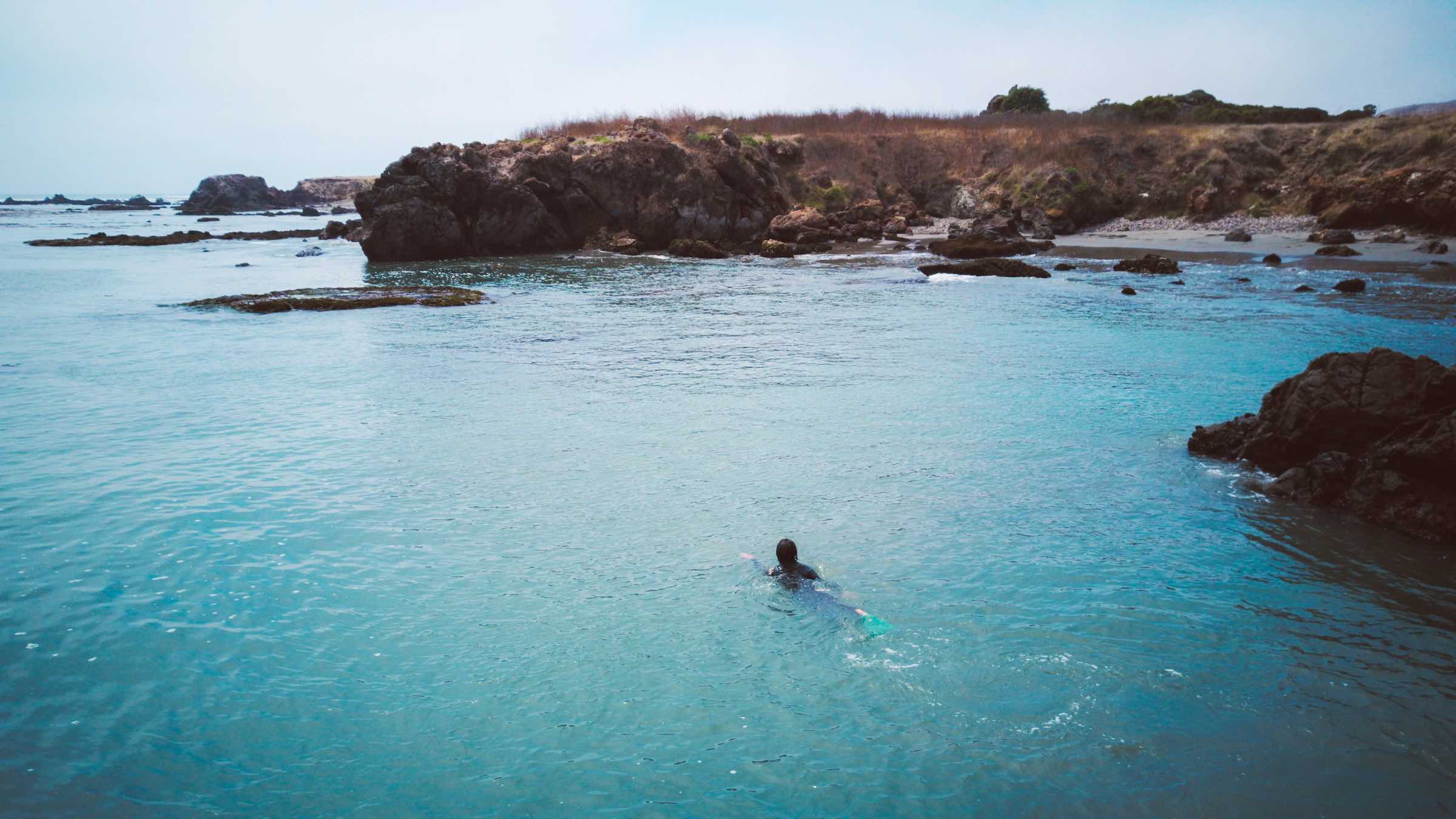
“I guess I’m just hoping to see something that I find interesting, rather than perfect.”
What do you hope to see when you process your film?
Sharp focus, and abstractness. That may sound contradictory, but I’m finding more and more that I love abstraction over-representation. I tend to prefer highly selective focus over long depth of field (think the opposite of Ansel Adams’ f/64 philosophy), and many of my favourite photos over the years have been sheer accidents: a light leak expressed just so, unintentional bokeh, saltwater flooding my camera… I guess I’m just hoping to see something that I find interesting, rather than perfect.
What do you want people to take away for your images?
I’m moved to take a photo of something when I love the way that it looks, or how it makes me feel. So, I guess that I hope to convey that feeling through an image and try to bring others into the beauty/fun/enjoyment/mood of a specific instant in time.
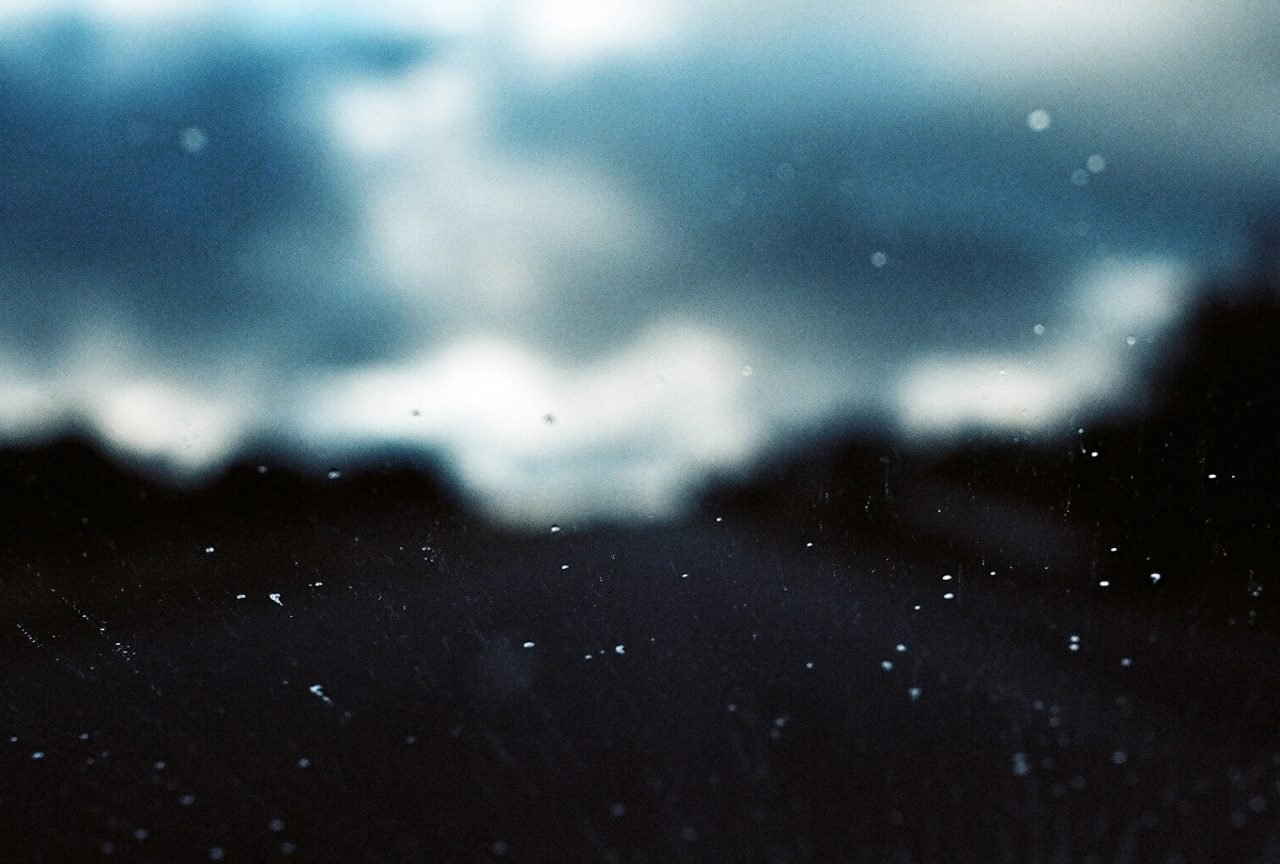
“An ‘ideal’ life would be one where I am happy, no matter what.”
What is the ideal life for you – what do you need/want to feel a fulfilled life?
This is a really big question! I guess, for me, an ‘ideal’ life would be one where I am happy, no matter what. Of course, I will always be striving to meet goals and accomplish dreams, but the challenge of finding contentment along the way is a perpetual one.
I receive a feeling of fulfillment from several things: Employing creativity, connecting with loved ones, working hard, paying my bills, being close to nature, being helpful and kind to others, fostering meaningful relationships and making things that I believe to be beautiful.
